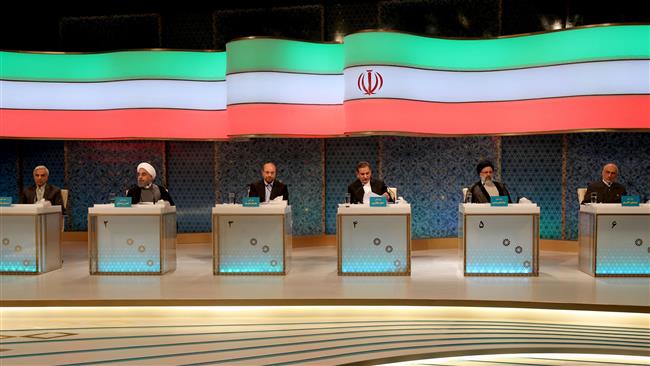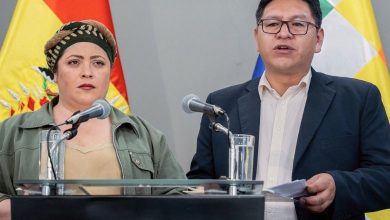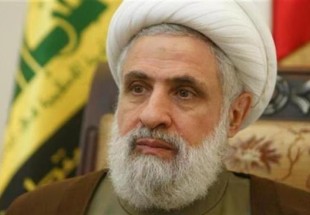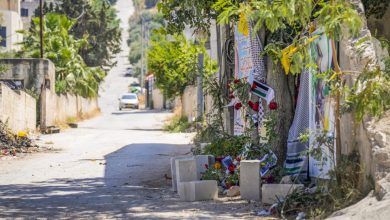Economy dominates Iranian presidential debate: Academic


An Iranian university professor believes the issue of economy overshadowed social matters which were supposed to be discussed during the first round of presidential debate that was held on Friday.
Six candidates, including incumbent President Hassan Rouhani, participated in the first round of three debates, which was held in Tehran on April 28. The topic of the debate was social issues such as justice. The nominees debated in live broadcast for 3 hours. Press TV interviewed Foad Izadi, a professor at the University of Tehran and Pye Ian, an independent political and economic researcher from Irvine to get their views on the debate.
Izadi specified that despite the fact that the candidates were expected to focus on social issues, they focused on economy as an important matter in Iran, which could affect the result of the presidential election.
“This was interesting that the economy actually became their main issue, although the topic of the debate was social issues but both sides actually went to economic issues,” the professor said on Friday night.
He pointed to achievements of the Islamic Republic in the economic arena, saying, “The government whether it’s local government or national government, they have done a lot in terms of bringing Iran’s economic standards to a reasonable level but this is an election and people are running against each other and they generally look for faults and mishaps.”
The analyst further touched upon West-imposed embargoes on Iran as an important issue that was not mentioned in the debate.
“One would expect that the issue of the sanctions would come up and the fact is that one problem that Iran’s economy has is the sanctions.”
Izadi went on to say that social media plays a key role in the 2017 presidential election in Iran.
“What is happening with social media is that more candidates are realizing that this is an important venue especially if they want to get in touch with younger generations.”
He also emphasized that all political factions including conservatives, reformists and independents have candidates in the election.
“All the political groupings in Iran had at least one representative in the gathering tonight.”

For his part, Iyan warned that the election might serve as one particular avenue for intervention.
“2009 was an intervention with regard to that election and social media from the West … paid attention to that area that people were kept at the twitter desks,” he said.
“There are direct immediate threats against Iran because of the stakes being so massive and that if there are any avenues toward manipulation or interference or intervention into internal affairs from the outside world and predominantly the West.”
The analyst also noted that the election is open to the Iranian people and the public are able to discuss political, economic and international issues.
“It is an election and it is open to Iranian public and the core mandates with regard to protection of Iran, the upholding of the economy of resistance in an unprecedented global climate of not only trans cut net financial and economic risks but because due to those risks the heightened sense of geopolitical tensions.”
Criticizing the West for imposing sanctions on the Iranian nation, he argued, “People assume from outside that Iran at the most is an emerging market.”
“Iran can serve as an emblem and as a teaching instrument to both East and West,” he concluded.




